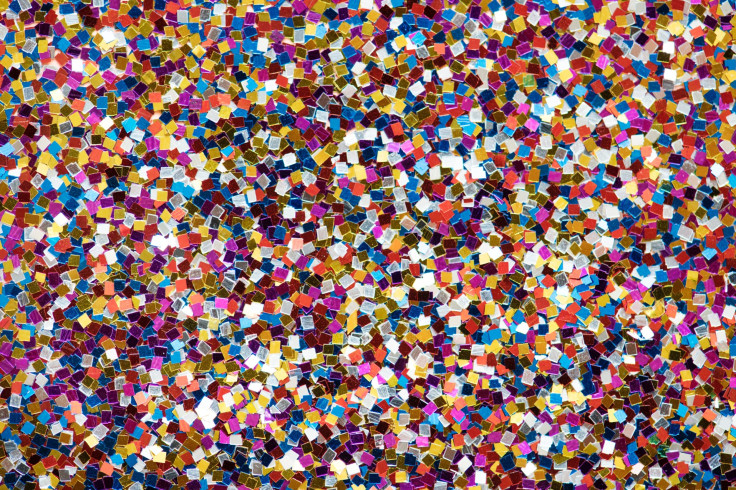People Ingest Microplastics The Size Of A Credit Card Every Week

Alarming findings from a study commissioned by the World Wide Fund for Nature (WWF) reveal that people worldwide might be ingesting at least five grams of microplastics every week on average.
Put in another way, five grams is how much a credit card weighs. And in one month, a person ingests microplastics the size of an AA battery, which normally weights some 24 grams.
The study carried out by the microplastics research team at Australia's University of Newcastle found that based on "conservative assumptions" people are consuming about 2,000 tiny pieces of plastic each week.
Entitled “No Plastic in Nature: Assessing Plastic Ingestion from Nature to People,” the study focused on microplastics less than 1 mm in size, which are the most commonly ingested contaminants. The study collated the findings of 50 international research papers in an attempt to provide an accurate calculation of ingestion rates.
Unfortunately for us, the main source of these microplastics isn’t seafood, as many might first surmise. It’s potable water, more specifically tap water.
University of Newcastle researcher Dr. Thava Palanisami said both bottled and tap water together are the largest source of plastic ingestion.
"In water it's mostly fibres which could come from industrial activities," he said. "It's released with other gases and chemicals and this can then ultimately sink into the freshwater bodies and that gets into the drinking water.
Palanisami noted there are no filtration systems for bottled water that can filter out those sub-micron phase particles. He did say bottled water from groundwater sources was mostly free of plastics.
Of the seafood and other foods studied, those with the highest recorded plastic levels included shellfish, beer and salt. Palanisami described microplastics as an emerging contaminant.
He said the next phase of their research will be to better understand the impacts of ingesting plastics on human health.
"What is the real impact? This needs to be explored," he said. "What will happen if you ingest 5 grams of plastic a week? Is it toxic or an inert material?"



























